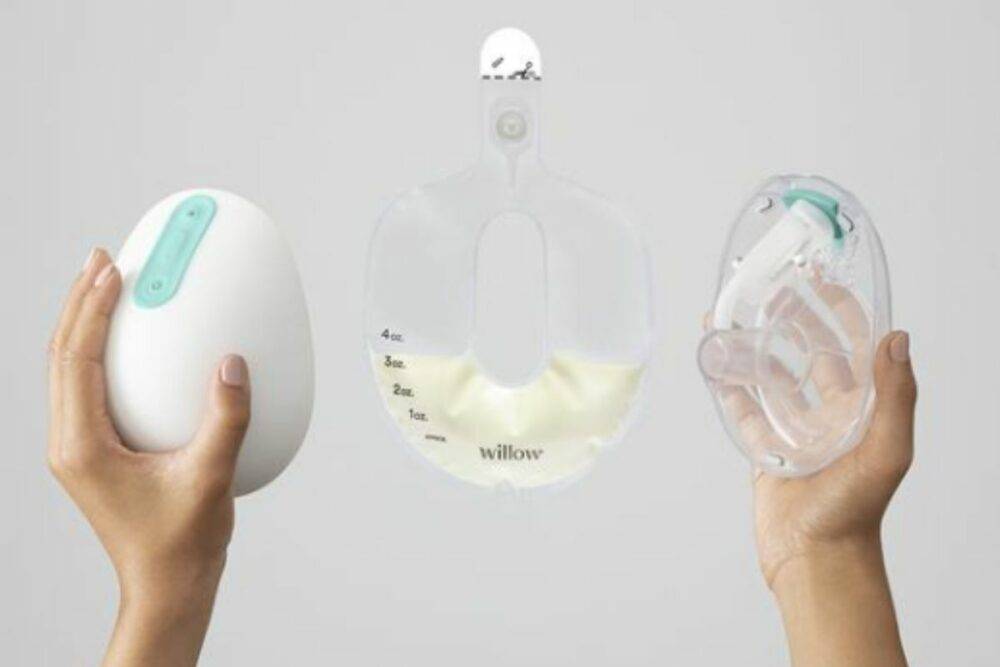Every mom knows the drill. Six weeks after you give birth, you head back to the doctor for a basic postpartum checkup (pelvic exam, quick chat about birth control, baby checkup) unless an issue arises earlier.
But for many new parents, that’s actually a pretty long time to wait. After all, as early as the very day you arrive home with your baby, you may encounter questions about a variety of topics: Is this vaginal tear healing properly? Am I making enough milk? Should it be this uncomfortable to go to the bathroom?
And along with the physical questions, many women experience mental health concerns. According to NIMH, postpartum depression affects around 15 percent of mothers, while the baby blues (feelings of worry, unhappiness, and fatigue) affects up to 80 percent of mothers.
There’s another reason, too, why many believe the six-week checkup is a case of too little, too late: More women die in the United States due to pregnancy-related complications than in any other developed country, according to the American College of Obstetricians and Gynecologists (ACOG).
So what is the reason behind that six-week wait for an appointment? There really isn’t one. At least that’s the case according to a report published by ACOG, which calls the six-week appointment “arbitrary.”
Another major issue is that, according to ACOG, around 4 in 10 women actually skip that six-week checkup. Why? One theory is that many women are already back at work by then.
The ACOG publication offers several crucial recommendations about postpartum care. The first one is a big one. It notes for women and infants to achieve the best possible health, postpartum care should not consist of one appointment; instead, postpartum healthcare should become “an ongoing process” that offers services and support tailored to every woman’s individual needs.
So what about that six-week postpartum checkup? The report recommends that women have contact with her maternal care provider within the first three weeks after giving birth. It then recommends continued care as necessary until the “comprehensive” postpartum visit no later than 12 weeks postpartum.
The ACOG report also offers guidance on what comprehensive appointments should include: “a full assessment of physical, social, and psychological well-being.” The report even references that all-important “fourth trimester”—a crucial time for both mom and baby.
This is heartening news for families across the country—and we hope it helps make the U.S. a safer place for women who give birth.



